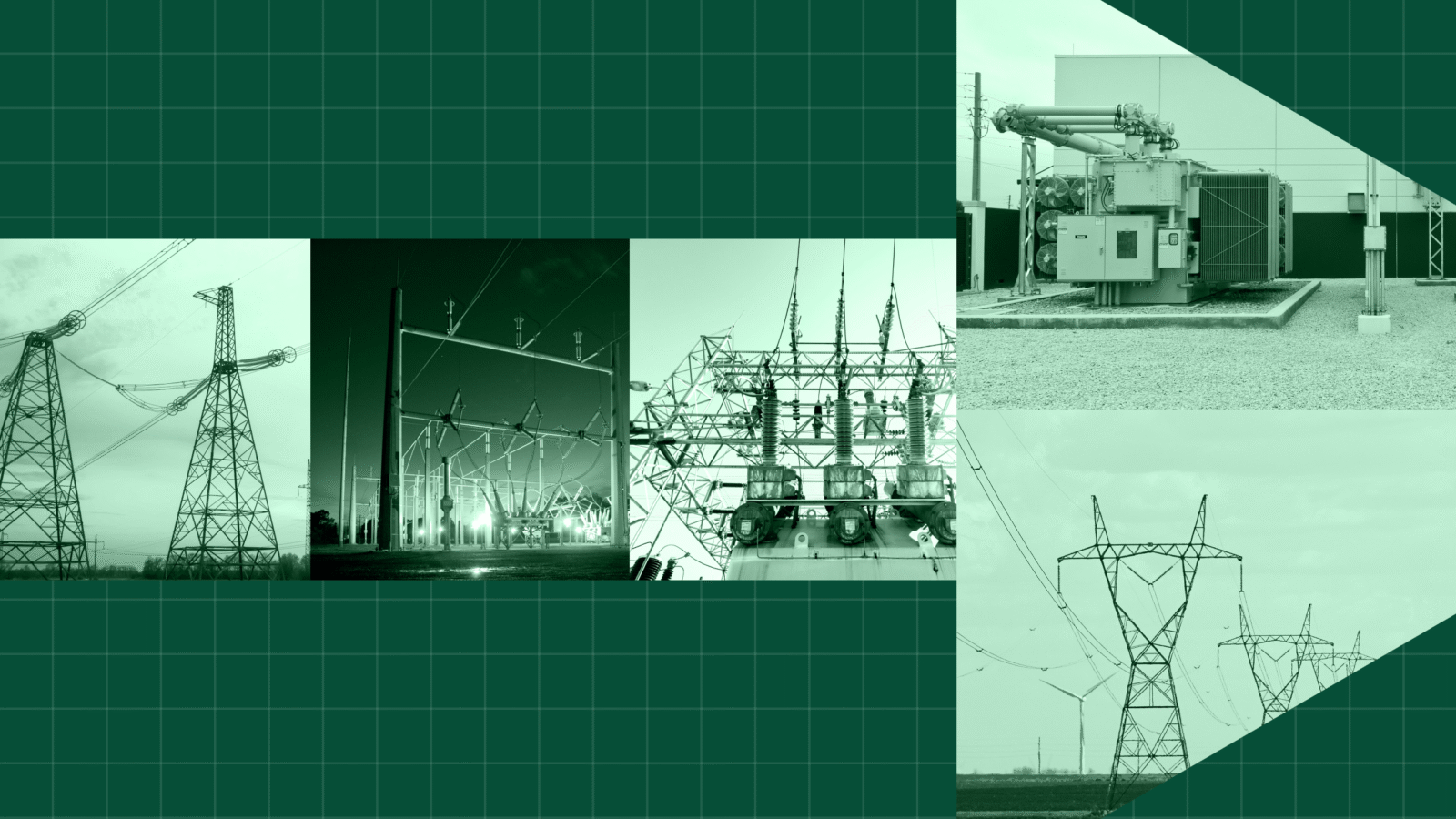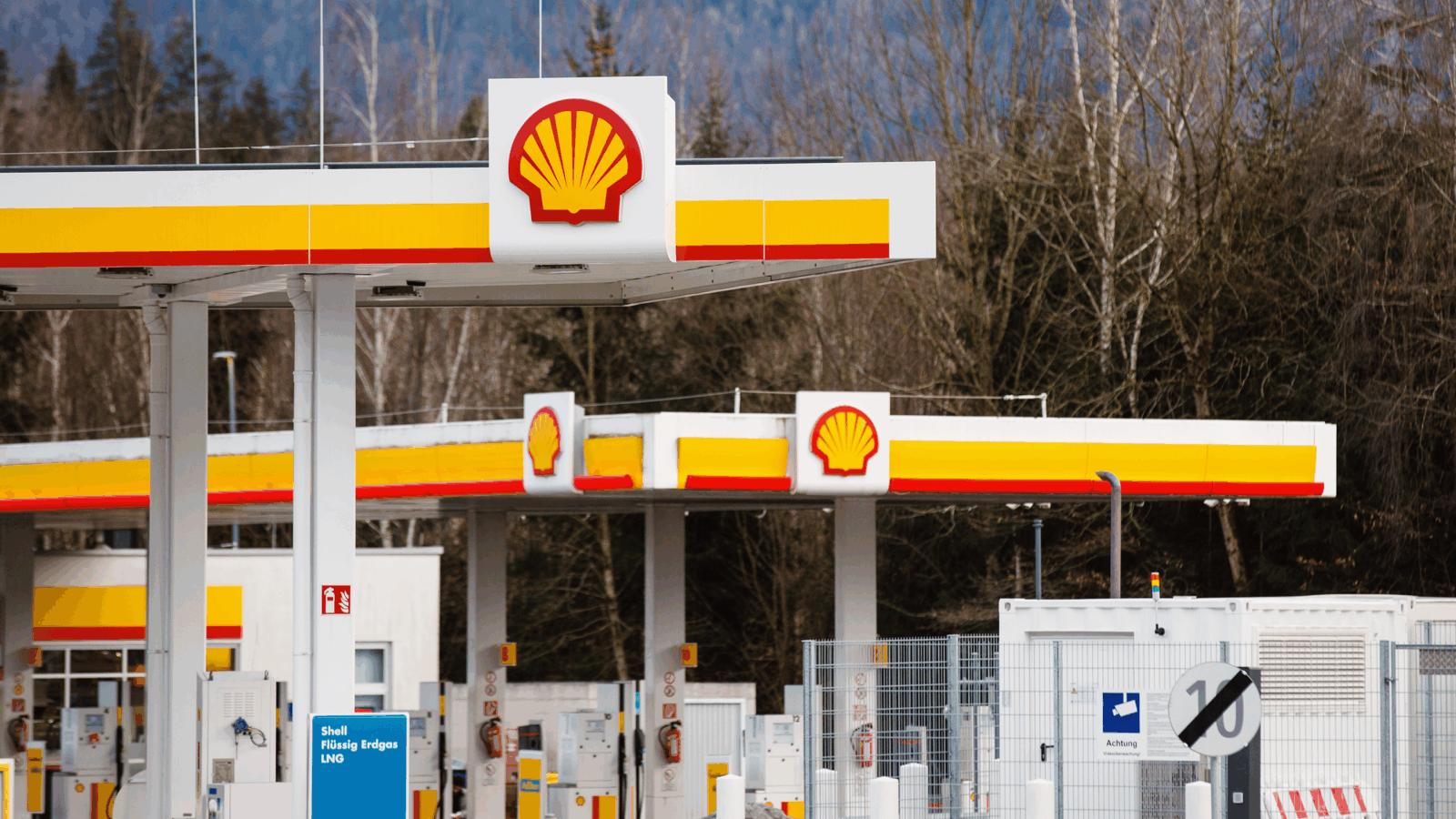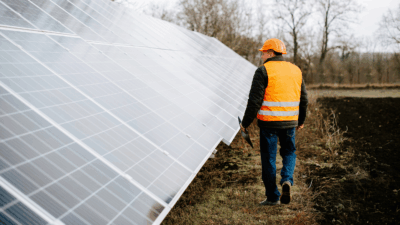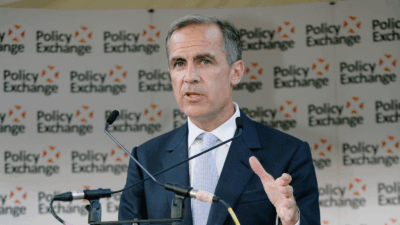Shell Pulls Back on Big Biofuel Plant
Shell is hitting pause on a major biofuel project in the Netherlands, one of the biggest in Europe, to consider market conditions.

Sign up for smart news, insights, and analysis on the biggest financial stories of the day.
Shell has lost its fondness for biofuels, though it isn’t saying why. We think it’s because the market really stinks, though it’s still an important one.
The oil giant announced on Tuesday that it’s hitting pause on a major biofuel project in the Netherlands, one of the biggest in Europe. Shell said it’s just taking a minute to think about the plant, which broke ground in 2021, in order to “address project delivery and ensure future competitiveness given current market conditions.” Exactly what market conditions it means, it’s being coy about.
Running on an Empty Biotank
When Shell first signed off on the Rotterdam biofuel facility, it said the project would eventually produce enough renewable diesel equivalent to taking 1 million cars off Europe’s roads every year. More than half of the Rotterdam plant’s production was earmarked for sustainable aviation fuel, with the rest planned to make renewable diesel — although Shell noted at the time it could rejig that equation to meet customer demand.
But the Shell of 2024 is not quite as bullish on renewable energy as three years ago. In June 2023, it reversed a promise to steadily cut oil production in the run-up to 2030, and in March it announced a watering-down of its energy transition goals. Both the Financial Times and Wall Street Journal reported that Shell hitting the brakes coincides with a slowdown in Europe’s biofuel market owing to a supply glut versus tepid demand:
- Finnish biofuel producer Neste has seen its stock slide about 51% over the past 12 months, and German producer Verbio is down 53% over the same period.
- It’s not a universal downward trend: Norwegian biorefinery company Borregaard’s stock is up 23% over the past 12 months, but its shares are a euro or so cheaper than Neste and Verbio’s.
Geography Puzzle: Part of the soft demand for biodiesel in the US and Europe is down to the growing number of electric vehicles on the road, according to the International Energy Agency. “In the United States and Europe, large-scale electric vehicle growth contributes to declining gasoline demand,” per the IEA’s biofuel report. Globally, however, the IEA says biofuel has a pretty big role to play in the energy transition. “Biofuels remain the primary decarbonisation option, accounting for near 90% of avoided oil demand in 2028,” it says, adding the biggest demand comes from Brazil, Indonesia, and India.











